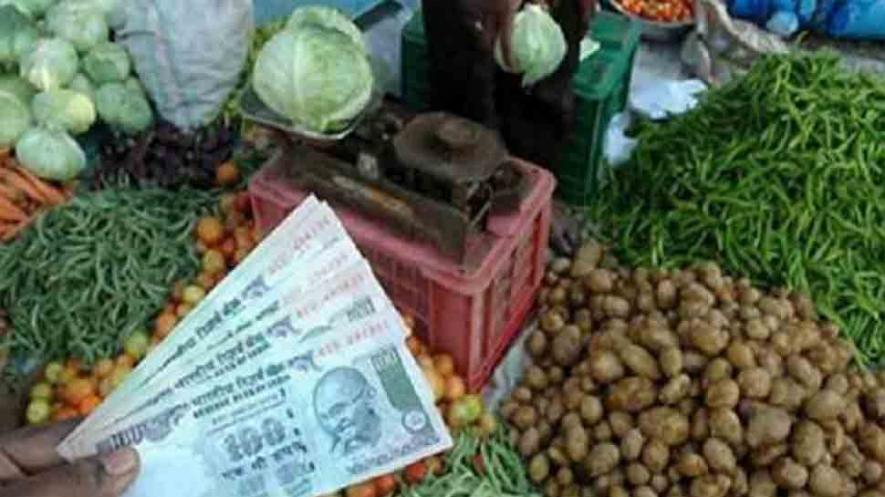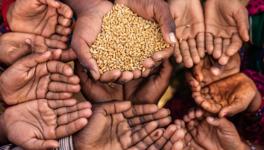Wholesale Price Inflation at 1.32% in September Due to Costlier Food

Image Courtesy: Zee News
New Delhi: Wholesale price-based inflation rose to 1.32 per cent in September, mainly on the back of costlier food articles.
“The annual rate of inflation, based on monthly WPI, stood at 1.32 per cent (provisional) for the month of September, 2020 (over September, 2019) as compared to 0.33 per cent during the corresponding month of the previous year,” government data showed on Wednesday.
The wholesale price-based inflation stood at 0.16 per cent in August.
The wholesale price index based (WPI) inflation has been in the negative zone for four straight months – April (-) 1.57 per cent, May (-) 3.37 per cent, June (-) 1.81 per cent and July (-) 0.58 per cent.
Inflation in food articles during the month was at 8.17 per cent, as against 3.84 per cent in August, showed data from the commerce and industry ministry.
Prices of cereals came down with a negative inflation print of 3.91 per cent during the month. At the same time, cost of pulses went up by 12.53 per cent.
As a category, vegetables had inflation at a high level of 36.54% in September. Potato prices skyrocketed by 107.63% from a year ago in the same period. However, onions had deflation at 31.64%.
In the manufactured products category, the inflation during the month rose to 1.61 per cent, from 1.27 per cent a month ago, government data said.
Writing for NewsClick in December last year, economist Prabhat Patnaik explained the correlation between rising inflation and a spike in food prices. “... while the rise in inflation rate is not caused by excess demand arising from any sudden accretion of purchasing power, and is rather the result of sudden supply shortfalls in several important sectors which are subject to sharp output fluctuations, it undoubtedly contributes to a worsening of the downturn in the economy. It does so because people now have to devote a larger amount of purchasing power to buying food items, and therefore have correspondingly less to spend on industrial and other commodities, which only aggravates the demand deficiency in these sectors,” he had written.
Get the latest reports & analysis with people's perspective on Protests, movements & deep analytical videos, discussions of the current affairs in your Telegram app. Subscribe to NewsClick's Telegram channel & get Real-Time updates on stories, as they get published on our website.
























